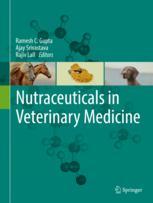Rinse & rePeat
Member
- Joined
- Mar 10, 2021
- Messages
- 21,521
“Many babies are being given milk substitutes (health food drinks) made from soy or rice, with terrible consequences. The same products used by adults have less disastrous effects in the short term, but are still likely to contribute to degeneration and dementia.” -Ray Peat





